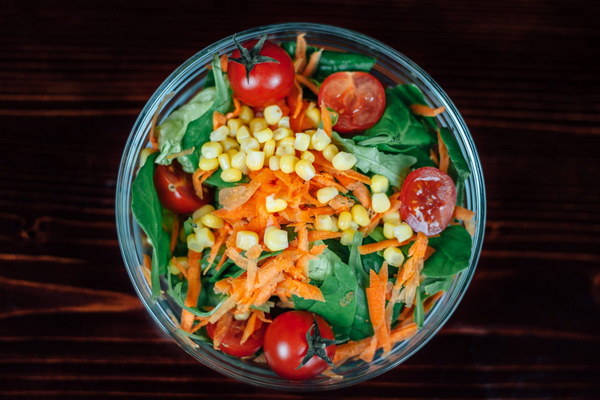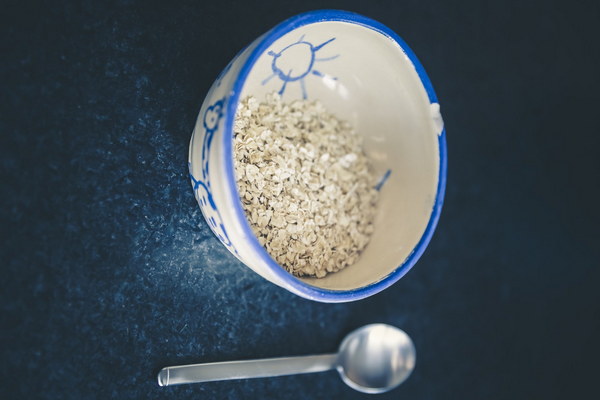Nurturing Health A Comprehensive Guide to Managing Hypertension through Lifestyle Changes
Introduction:

Hypertension, commonly known as high blood pressure, is a prevalent health issue affecting millions of people worldwide. It is crucial to understand the importance of maintaining a healthy lifestyle to manage hypertension effectively. This article aims to provide a comprehensive guide to managing hypertension through lifestyle changes, focusing on diet, exercise, stress management, and other essential factors.
1. Understanding Hypertension:
Before delving into the lifestyle changes, it is vital to have a clear understanding of hypertension. Hypertension occurs when the force of blood against the artery walls is consistently too high, leading to potential damage to the heart, brain, kidneys, and other organs. The normal blood pressure range is around 120/80 mmHg, with systolic pressure (upper number) representing the pressure when the heart beats, and diastolic pressure (lower number) representing the pressure when the heart is at rest.
2. Diet and Nutrition:
A healthy diet plays a crucial role in managing hypertension. The following tips can help control blood pressure:
a. Reduce Salt Intake: Excessive salt can cause the body to retain water, leading to increased blood pressure. Limiting sodium intake to less than 2,300 milligrams per day is recommended, with an ideal limit of no more than 1,500 milligrams per day for individuals with hypertension.
b. Increase Potassium Intake: Potassium helps balance the sodium in the body and can lower blood pressure. Foods rich in potassium include bananas, oranges, spinach, sweet potatoes, and avocados.
c. Choose Whole Grains: Whole grains, such as brown rice, whole wheat bread, and oatmeal, are rich in fiber and can help control blood pressure.
d. Eat More Fruits and Vegetables: Fruits and vegetables are packed with essential nutrients and fiber, which can help lower blood pressure. Aim for at least 5 servings per day.
e. Limit Alcohol Consumption: Excessive alcohol intake can raise blood pressure. It is recommended to limit alcohol consumption to one drink per day for women and two drinks per day for men.
3. Regular Exercise:
Physical activity is a vital component of managing hypertension. Regular exercise can help lower blood pressure and improve overall cardiovascular health. Here are some exercise recommendations:
a. Aim for 150 minutes of moderate-intensity aerobic exercise per week, such as brisk walking, swimming, or cycling.
b. Include strength training exercises at least two days a week, focusing on major muscle groups.
4. Stress Management:
Stress can lead to increased blood pressure. Implementing stress-reduction techniques can help manage hypertension. Consider the following strategies:
a. Practice Mindfulness and Meditation: These practices can help reduce stress levels and improve overall mental health.
b. Engage in Relaxation Techniques: Deep breathing exercises, progressive muscle relaxation, and guided imagery can help manage stress.
c. Prioritize Sleep: Lack of sleep can increase blood pressure. Aim for 7-9 hours of quality sleep per night.
5. Regular Health Check-ups:
Regular health check-ups are crucial for monitoring blood pressure and adjusting treatment as needed. It is recommended to visit a healthcare professional at least once a year.
Conclusion:
Managing hypertension requires a comprehensive approach, including lifestyle changes, diet, exercise, stress management, and regular health check-ups. By implementing these strategies, individuals can effectively control their blood pressure and reduce the risk of related health complications. Remember, it is always best to consult a healthcare professional for personalized advice and treatment.









